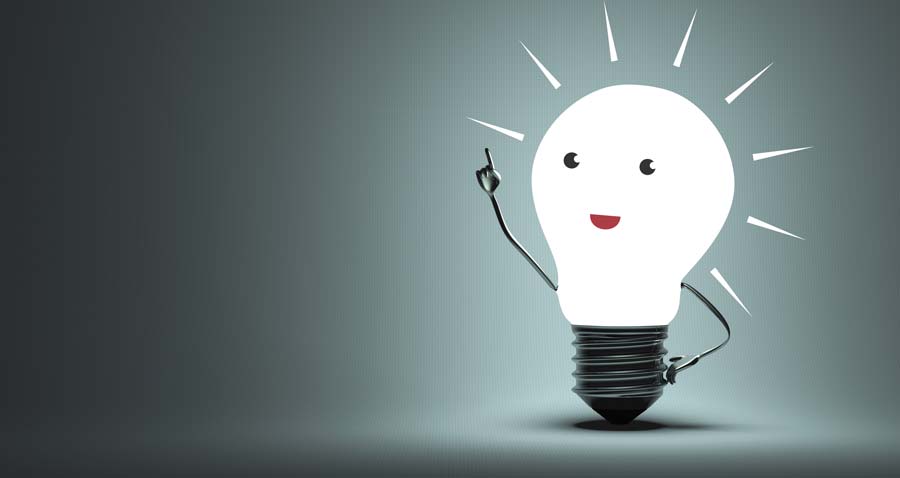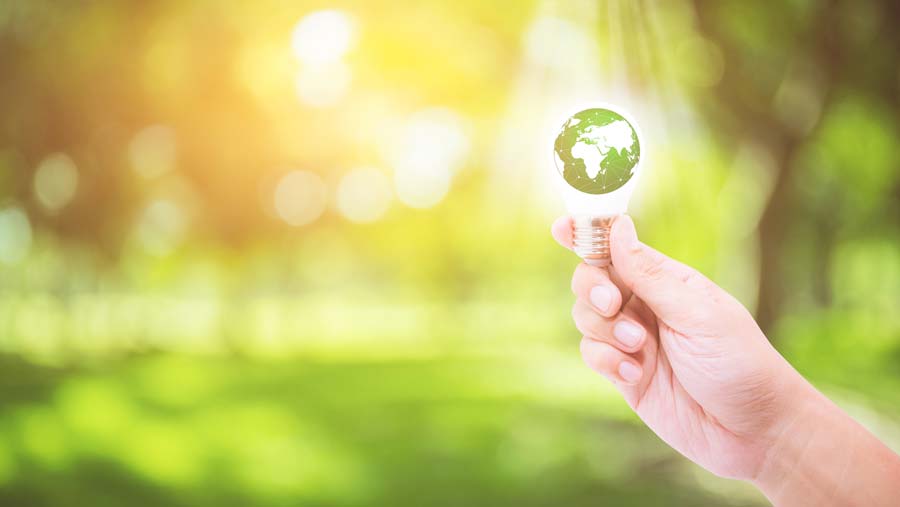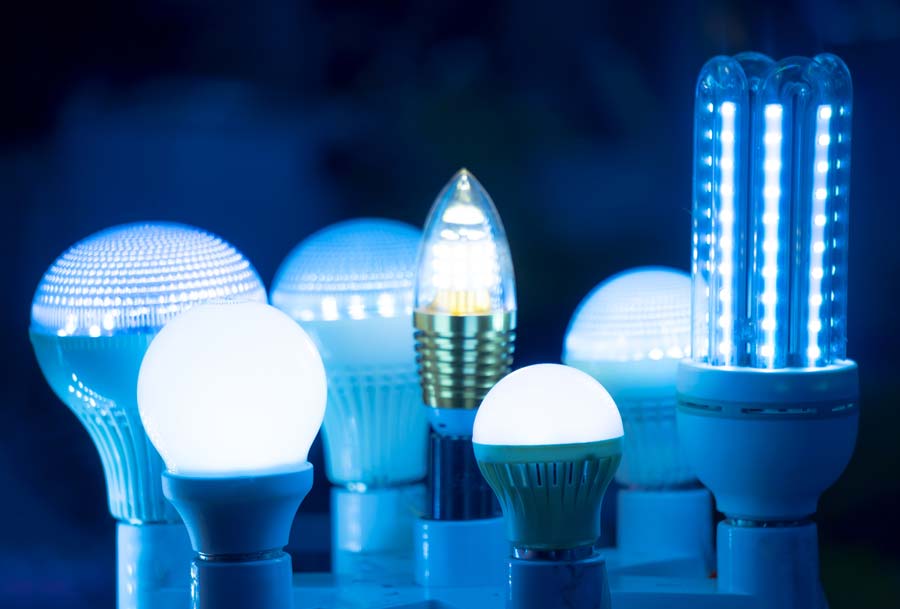LED Light Bulbs - Why Should You Switch?
The 21st century: what a time to be alive! Home cinemas, cheap air travel and drive-thru burger joints have blessed the lives of many, while simultaneously giving the planet a bit of a kicking. So, what to do? What if you want to enjoy the pleasures of modern life without having to lie awake at night, worrying about the toxic inheritance we'll be passing down to our grandkids?
Well, there are dozens of ways to make little tweaks and changes in everyday life, and one of these subtle switch-ups comes in the form of lighting. Call it a serious light bulb moment, if you will.

Hey there! Before you cut your electricity wires and buy a thousand tealight candles from Ikea, be assured that this change is both virtuous and convenient - and it won't put you at a greater risk of a house-fire. That's always a bonus, eh?
Let's talk LEDs
The LED light bulb (LED standing for light-emitting diode) is the future of lighting, and constitutes a positive change that all of us could make tomorrow without any negative effects. Here's the LED lowdown:
Saving the planet
Whether you have halogen or incandescent bulbs in your fittings right now, they are using up to 10 times the amount of energy that an LED bulb could. TEN TIMES! Filament bulbs need to make a whole load of heat to work, which is all wasted energy. LED bulbs cut out the middle-man, getting straight to the business of making light. How many bulbs are in your home? Your street? Your city? Now imagine if all that power consumption was reduced by 90%. Pretty great, I'm sure you'll agree.
As a side-note, should you wish to compare the light output (lumens) of different types of bulbs with the amount of power (watts) they use, check out our lumens to watts converter.

Cheap as chips
Thanks to those big energy savings, your electricity provider will be seeing a lot less of your cash. In fact, you'd likely be looking at hundreds of dollars or pounds saved every year, just from this simple switch. Even buying the bulbs themselves will save you money, as they last much longer than traditional halogen bulbs, and won't need such frequent replacing.
Let there be light
Have you ever sat down of an evening, switched on your reading lamp, and then squinted through the darkness at your book as the energy saving bulb stumbles to get ready? Wow, are they slow! No more eye pain for you, my friend. LED bulbs may be kind to the planet, but they aren't slow-coaches like their older cousins, the energy saving bulb. They reach full brightness almost instantly, which will be welcome news for anyone who finds themselves getting dressed in the dark before work. The Bermuda shorts and sequinned crop top didn't make for a good look in the board room, did they?
No mess, no fuss
Yes, I said you could make this change tomorrow - no electrician required. You can now buy LED bulbs to go in almost any type of light fitting. (At the most, you might need to replace the transformer with a lower-wattage LED transformer, but that's only for tricky 12V circuits.) Basically, most bayonets, spotlights, Edison screw fittings and strip lights can be replaced with LED bulbs with no extra hassle. So it's easy peasy!

If you want to get excited about the cash you'll save (and learn the sweet stats to brag to your friends and family about) then have a play with our LED bulb cost saving calculator. Go on, you know you want to.
In summary, switching out your bulbs is a quick and easy task; it'll save you a load of money; be kinder to the environment; and be more pleasant and efficient in your home. It's a no brainer.
